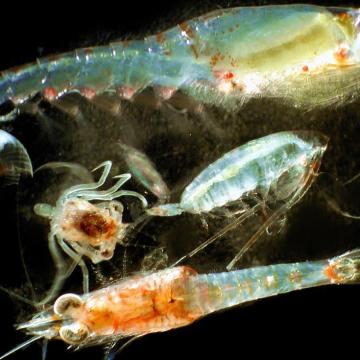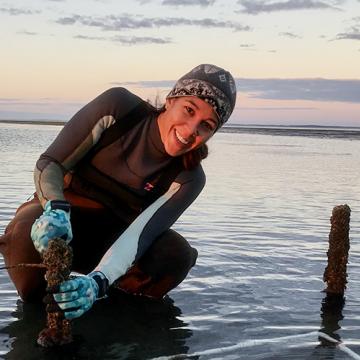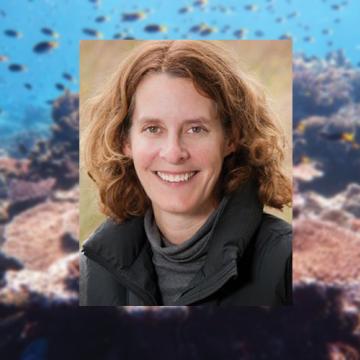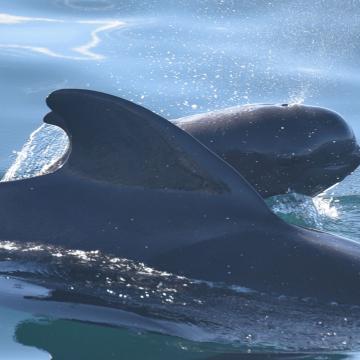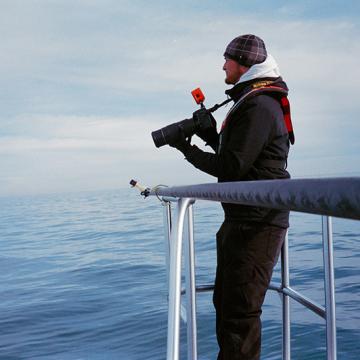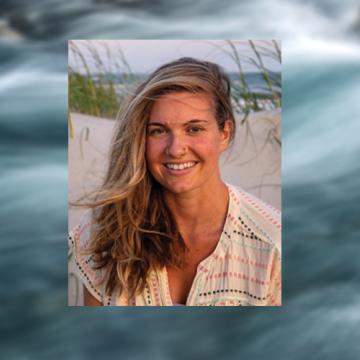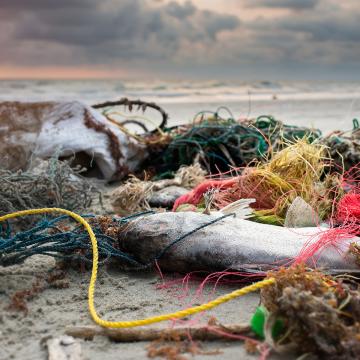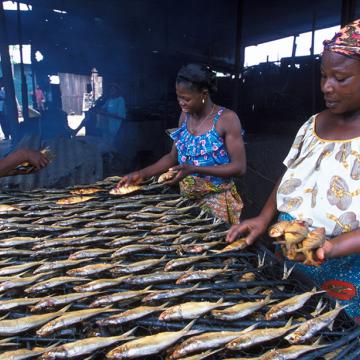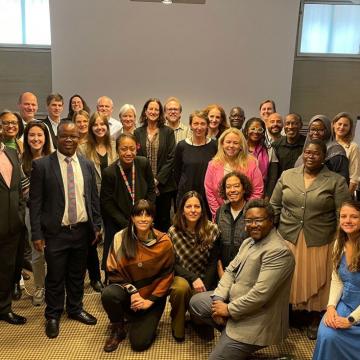-
NewsAs rising global temperatures push Arctic icecaps into retreat, large and small sea creatures and the commercial fishing boats that follow them are migrating northward.
-
NewsMeet the Silliman Lab, learn more about its research focus, a PhD student's experience in the lab and the opportunities the lab offers Duke students.
-
NewsIn recent years, “30 by 30” has become a rallying cry in international marine conservation. It’s the idea that to safeguard marine biodiversity and limit environmental damage caused by future sea-floor mining and other industrial-scale human activities, we need to place at least 30% of the world’s oceans within marine protected areas (MPAs) by 2030.
-
NewsMaintaining a water level between 20 and 30 centimeters below the local water table will boost southern peatlands’ carbon storage and reduce the amount of greenhouse gases they release back into the atmosphere during dry periods by up to 90%, a Duke University study finds.
-
NewsAnalysis indicates ingested microplastics migrate into whales’ fat and organs
-
NewsGreg Merrill, a PhD student in the University Program in Ecology, recently shared insights into his research focus, the Nowacek Lab, the impacts of his research and what he has learned working in the lab.
-
NewsBrianna Elliott, a PhD student in the Marine Science and Conservation program, recently shared insights into her research focus, the Read Lab, the impacts of her research and the most rewarding part of her research experience.
-
NewsResearchers at Duke University’s Nicholas School of the Environment and Pratt School of Engineering are co-leading a new National Science Foundation-funded project that aims to boost economic development and climate resilience in coastal North Carolina through nature-based scientific and technological innovations.
-
NewsChina’s annual carbon dioxide (CO2) emissions exceeded 10 gigatons in 2018 for the first time in history and are expected to continue to grow. The nation’s leaders have pledged to peak CO2 emissions by 2030 and to reach carbon neutrality by 2060.
-
NewsThe Duke Plastic Pollution Working Group is working to find solutions, through innovative technologies, practices and policies that can help curb plastic waste, reduce its harmful impacts, and make Earth a greener, healthier home for us all.
-
NewsBrian R. Silliman, Rachel Carson Distinguished Professor of Marine Conservation Biology at Duke University’s Nicholas School of the Environment, has been elected a Fellow of the Ecological Society of America (ESA).
-
-
NewsThe National Science Foundation and the Paul G. Allen Family Foundation have awarded a $1.2 million grant to support a new initiative aimed at boosting ecosystem restoration and climate resilience along North Carolina’s coast.
-
NewsThe Illuminating Hidden Harvests Report culminates a collaborative research effort led by the Food and Agriculture Organization of the United Nations (FAO), Duke University and WorldFish examining the multifaceted contributions of small-scale fisheries to sustainable development.
-
NewsDuke scholars and students were among more than 800 experts who contributed to global study calling for policymakers to consider contributions of small fisheries
